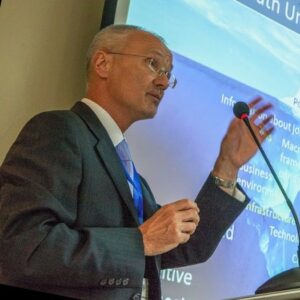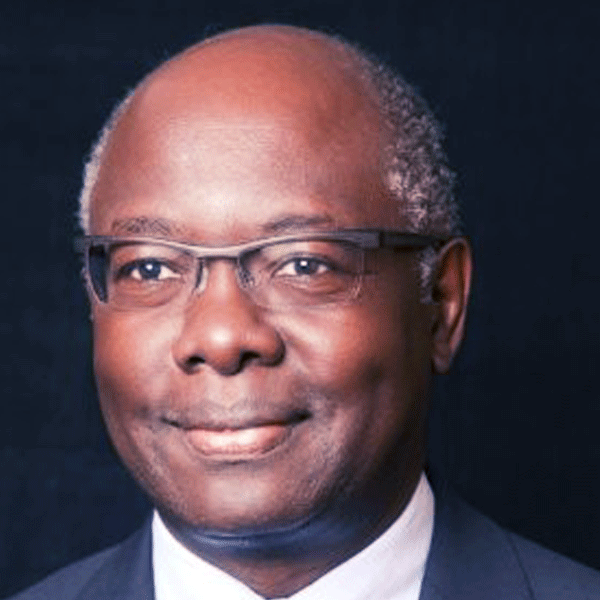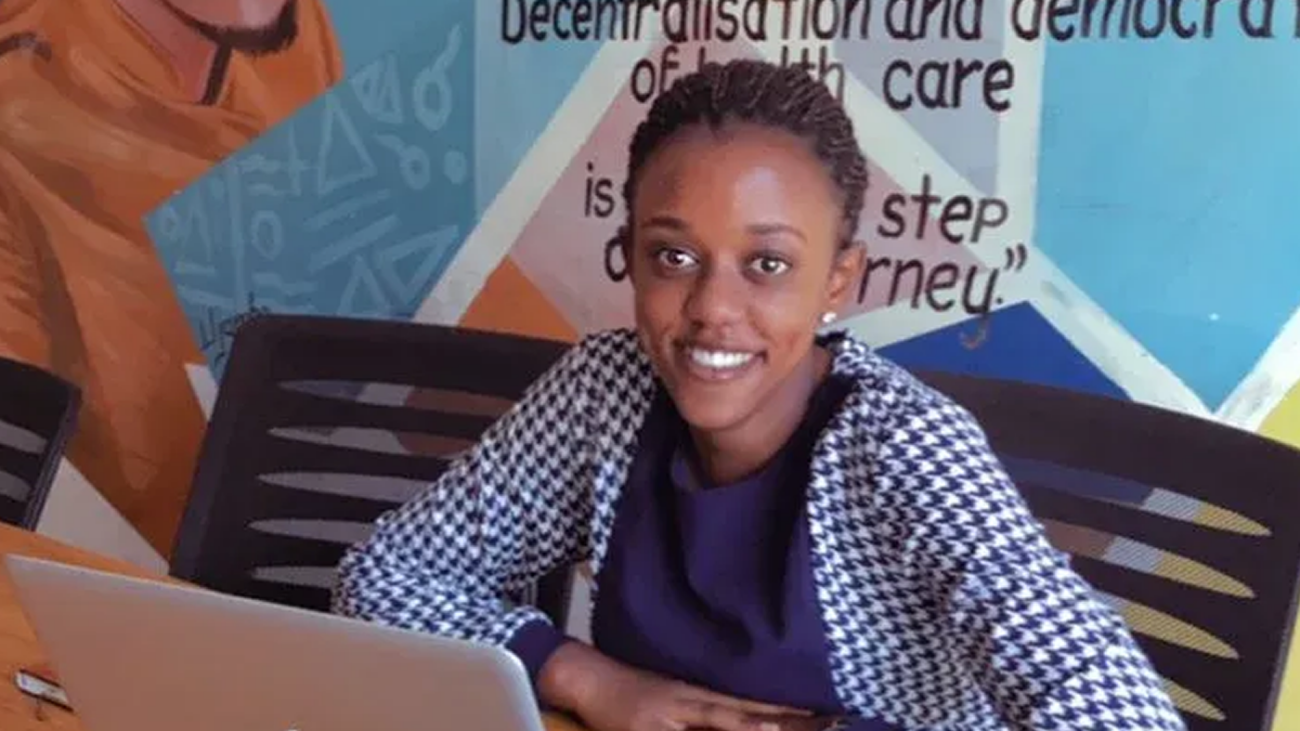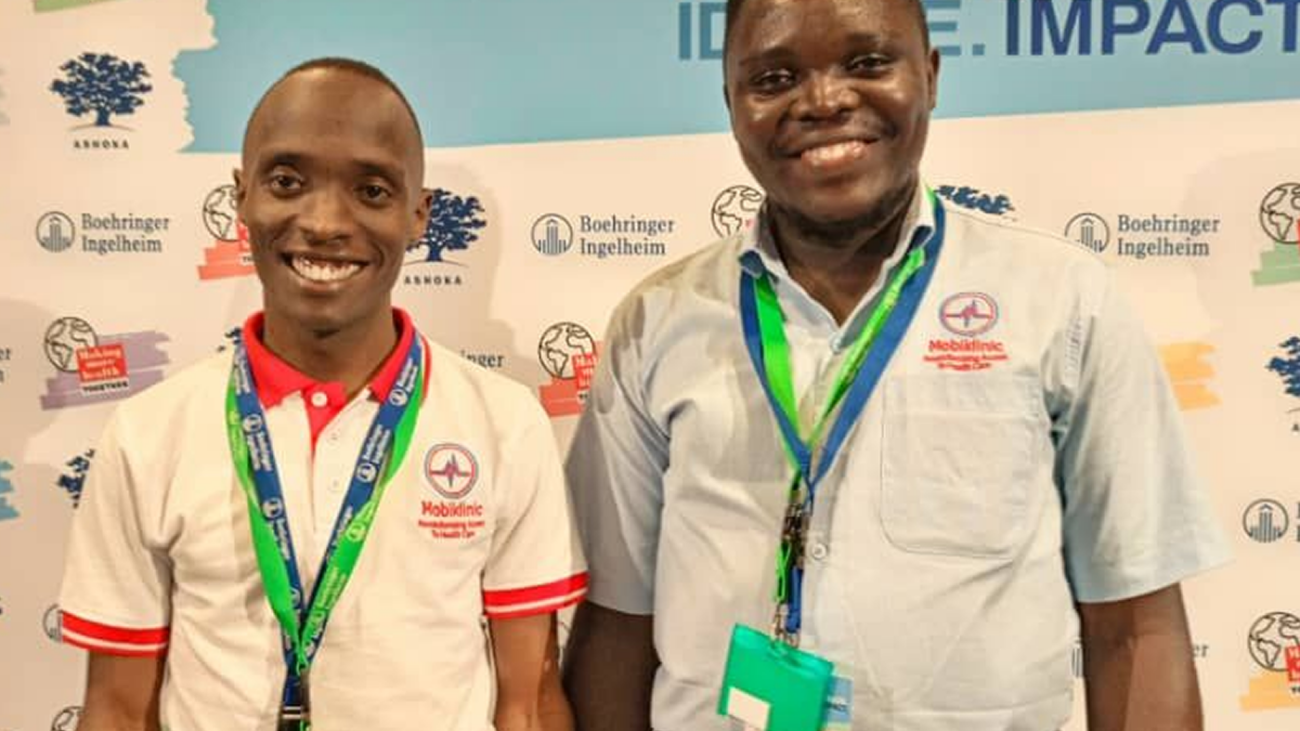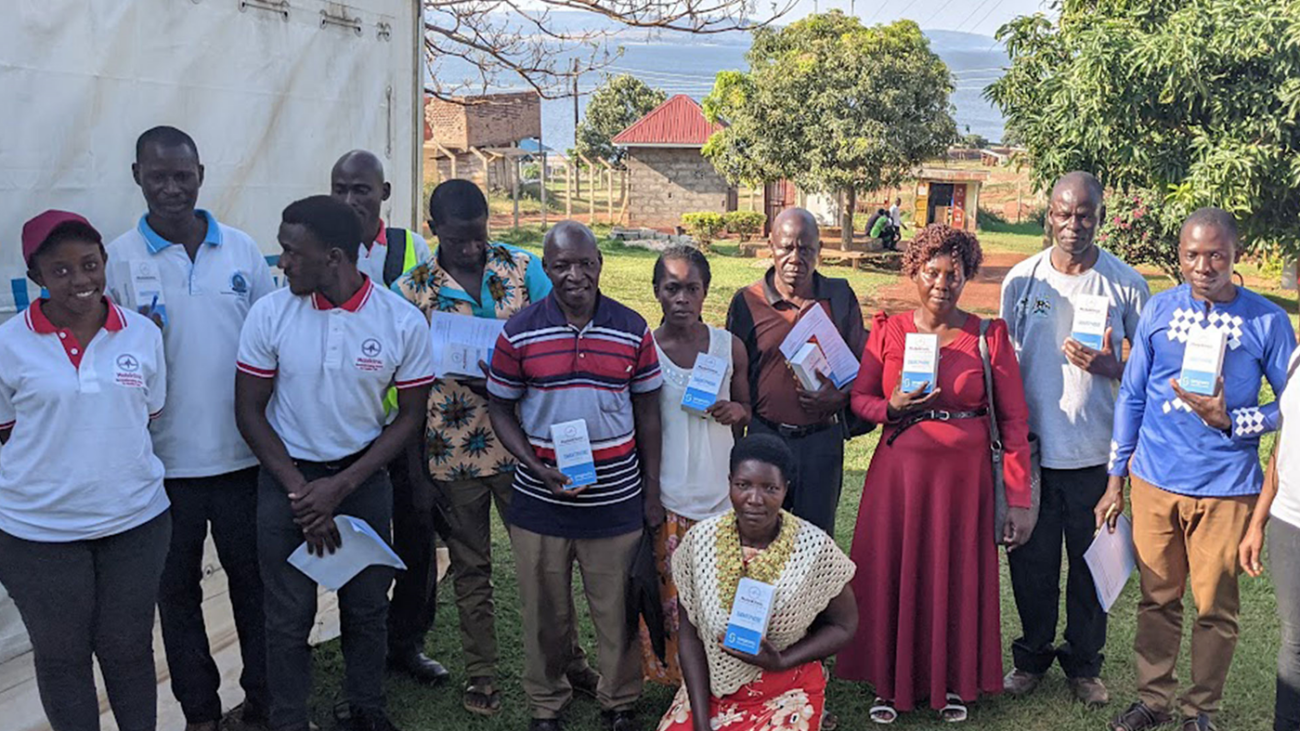Post Covid, we need to reimagine and rethink our health systems to attain health equity. My vision is to enable health equity in Africa and the global South through Mobiklinic.
Andrew Ddembe is a health equity advocate, health lawyer, CEO and founder of Mobiklinic Foundation. This digital health organization strives for improved last-mile health delivery and equitable vaccine access. Andrew founded Mobiklinic in 2018. His organization has unlocked access to health care and vaccines for people in Buikwe, Eastern side of Uganda. Mobiklinic is also present in Busia western Kenya. Andrew has worked as a young expert in the African Union and European Union youth cooperation hub. He currently sits on the WHO Civil Society and Youth Commission representing and advocating for digital health as a means to ease health and vaccine access. Andrew’s vision is to scale Mobiklinic across Africa and enable health equity right from the grassroots communities through community health workers’ creation, utilization and digital empowerment.
At MobiKlinic, we are dedicated to enhancing healthcare accessibility for all.
We take great pride in our Chief Executive Officer, Andrew Ddembe whose visionary leadership has earned global recognition.
He was honoured as the recipient of the Global Citizen Award for his remarkable contributions to the health sector.
Watch the video to witness his inspiring journey and impact.


